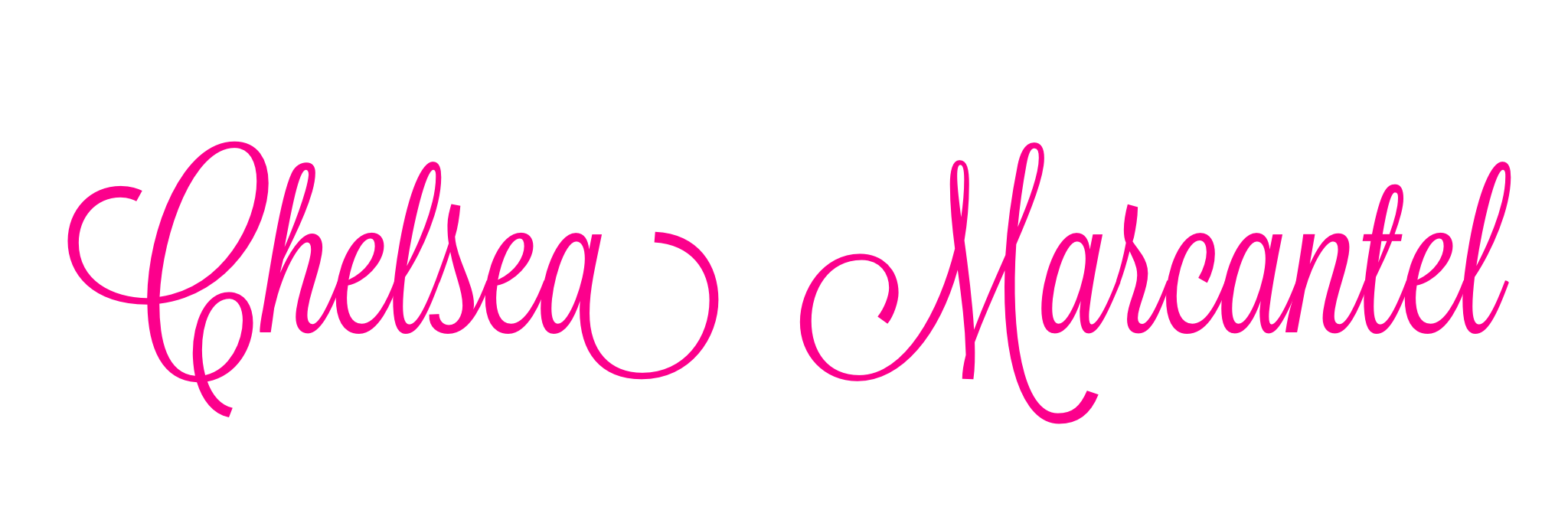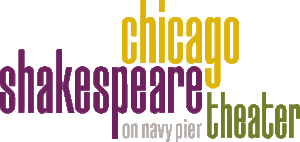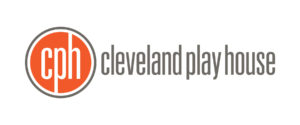I interviewed myself on my blog, www.ChelseaDays.com, as part of the Next Big Thing blog chain. Check it out below.
I was recently tagged by the all-around amazing Megan Stielstra in the Next Big Thing blog chain, in which writers answer ten questions about a project-in-progress.
This seemed like a pretty good idea with which to hop on board, and after I spent a several solid hours falling down the backlink wormhole created by all of these amazing works-to-be, it seemed like a great idea. Process is fascinating. You can read Megan’s response here, and the response of Gretchen Kalwinski (who tagged Megan) here, and Colleen O’Brien (who tagged Gretchen) here, and on and on and on you’ll go. Megan is finishing up a short story about a seamstress who moonlights sewing up people who can’t afford surgery. Gretchen is writing a book in which “a young woman with a singular sense of smell begins to suspect an ecological disaster is headed for her southern Illinois commune.” Colleen is working on a short story which layers the perspective of the past on top of present guilt and paralysis. And she used one of my favorite Faulkner quotes to describe it. All is full of light, y’all. Good things are in the making.
Also, as we know, Chelsea loves an interview.
Here follow my Next Big Thing responses.
What is the working title of your book (or story)?
It’s a play, actually, and it’s called Much Louder Than This. The line is not yet in the play, but there will be a line that refers to how a character doesn’t feel she’s being heard, but she can’t get much louder than this. It will undergo many more drafts.
Where did the idea come from?
The current political climate, generally. Last election’s “War on Women” rhetoric, specifically. This is the first time I’ve ever written a play that germinated in a place of disgust and rage. I don’t want to get on a soapbox here (or in the play) because I’m not interested in writing a lecture or tell anyone how to think, but my blood boils when I start talking about things like women being denied health insurance because they’re pregnant, and the still-very-real wage gap, and a cultural climate that has a good laugh at rape jokes and slut shaming. So I started working on a play in which those macro political issues start to bleed into the micro personal conflict of two characters, and quickly realized that I was so emotional about these issues that I had a very myopic perspective. That’s when I started conducting interviews.
Who or what inspired you to write this story?
Segue! I formulated a questionnaire asking some very general questions about what it’s like to live as a woman in America today. I tried to present these questions from a neutral space of true inquisitiveness. I created an online, anonymous form and posted it to Facebook. I invited anyone and everyone to share with their contacts. I also conducted some in-person interviews with friends and fellow writers. When the dust settled, I had over 50 really passionate responses to my questions from men and women (mostly women) across the country. The responses were insightful and in some cases explosive; I felt like I’d really touched a nerve. A lot of the anger with which I’d begun the writing process melted away, and I found myself sitting with a huge mound of inspiration and support. I felt connected to a big, humming consciousness, instead of grumpy and alone. I think many of the responders had been waiting for someone to ask them how they were feeling about these issues. I’ll be writing and revising more many more years trying to do justice to the power of the responses from these anonymous citizens.
What genre does your story fall under?
Dramatic fiction. It is also a one-woman show. The first one-person show I have ever written.
Which actors would you choose to play your characters in a movie rendition?
Does anyone make one-woman movies? I don’t know. If they did, I think that Ellen Page would be great in it. Or Jennifer Lawrence. Or Jodie Foster. It’s hard to pick one actor since the characters are male and female, ranging in age from about 25 to 65. Maybe I’m just listing people I want to have lunch with.
What is the one-sentence synopsis of your story?
I’m really terrible at synopses, and I’m going to use two sentences.
“When an unusual sexual harassment claim between a female employee and her female boss catches the attention of the police and then the news media, it seems that everyone on the furthest fringe of the suit has an opinion. What begins as a volatile dispute between two women ripples outward to include the voices of men and women in ever-growing numbers, inciting soul-searching, debate, and loud pronouncements on politics, gender roles, and The War on Women.”
Will your book be self-published or represented by an agency?
Well, it’s a play, and it’s going to receive its first public reading with Minneapolis-based theatre company Loudmouth Collective in May 2013 (click here for info). The reading will be directed by Natalie Novacek, whom I adore, and feature actress Leigha Horton. I am beyond ecstatic.
How long did it take you to write the first draft of your story?
I tend to make copious notes and research and ponder for ages, and then write drafts like a madwoman. I did interviews and read articles and jotted and outlined for probably three months, and then wrote the first draft in one sleepless weekend. I’m almost done with the second.
What other stories would you compare this story to within your genre?
Um… this is awful, but I don’t actually know how to answer this because I haven’t read a lot of one-person plays. Generally speaking, I don’t really like them, or I thought I didn’t before I started working with Natalie Novacek. She has recommended some amazing reading to me, for instance Daniel MacIvor’s Cul-de-Sac and Doug Wright’s I Am My Own Wife. I also saw Chimera in NYC in 2010, which was created and performed by Suli Holum. That was the most powerful, most intriguing, best executed one-person show I’ve ever seen. I don’t know that my play is necessarily anything like those plays, but I hope that it will speak to the audience in the same raw way that those plays speak to me.
What else about your story might pique the reader’s interest?
I have said that Much Louder Than This is “a dialogue between one playwright, one performer, and one thousand voices.” I think the choice to have one woman speak so many complex and disparate truths is really going to be the crux of this production. One thing that struck me when doing my research and interview is that fact that most women who believe there is a War on Women think that it is being waged on us not just by old rich white dudes, but more often than not by other women. I wholly empathize with that. I think that having all the characters share one body will really drive home the ways that women’s subjugation and empowerment is as much an internal struggle as an external one.







